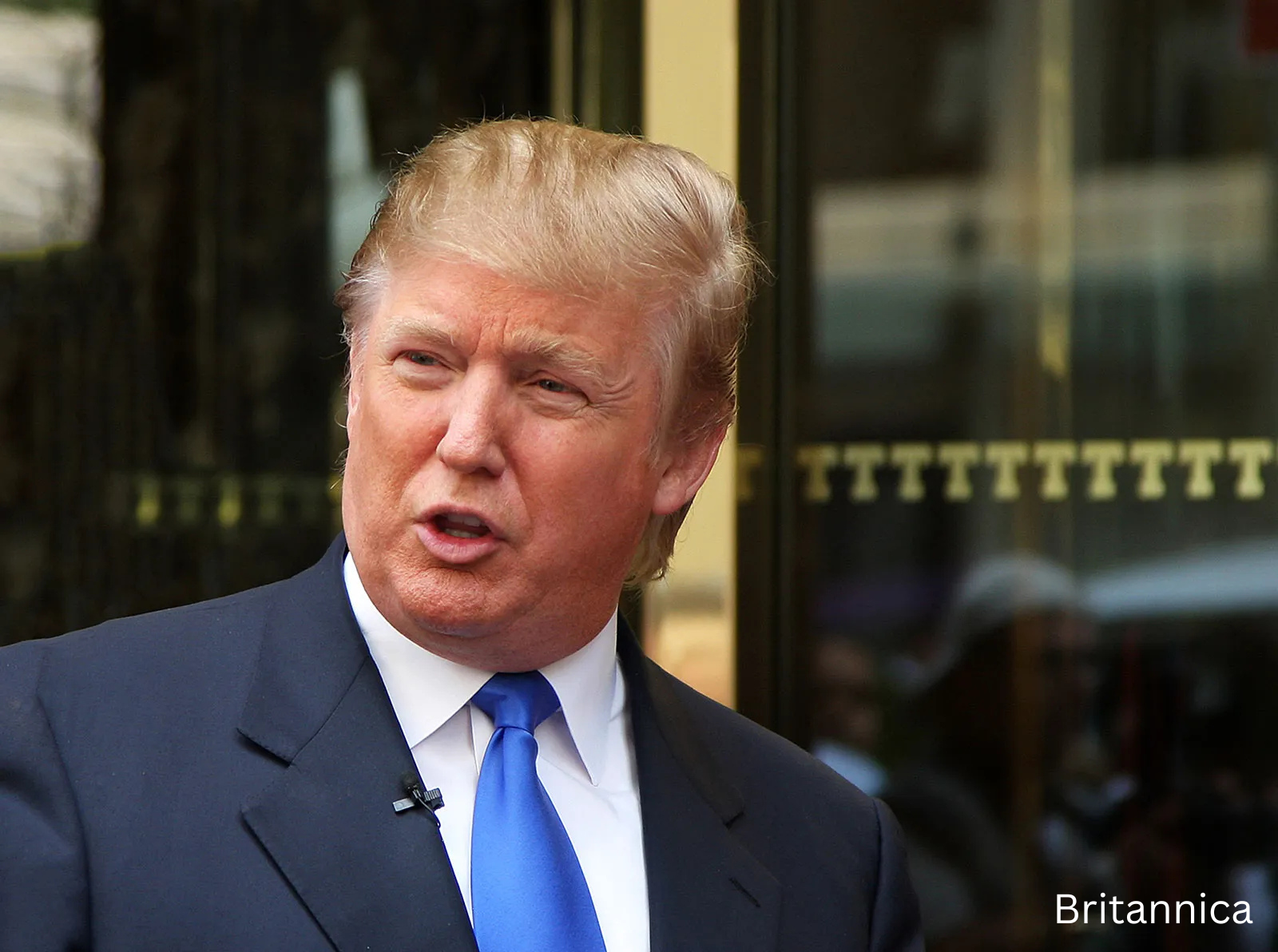Former President Donald Trump has once again turned his attention to Saturday Night Live (SNL), threatening to use federal power against the long-running NBC sketch comedy show after a recent episode poked fun at his campaign rallies and legal troubles. The fiery reaction comes as Trump continues his 2025 media offensive while balancing a presidential campaign comeback and ongoing court cases.
In a post on his Truth Social platform, Trump blasted SNL as “an arm of the Democratic Party” and accused the show of “illegally interfering in elections.” He went on to suggest that the Federal Communications Commission (FCC) should “look into” the program’s content, claiming that the network’s political bias was “a disgrace to broadcasting standards.”
While Trump has criticized SNL for years, this latest threat marked one of his most explicit calls for government action against a media outlet. Legal experts and former FCC officials were quick to point out that the commission has no authority over the creative content of entertainment or satire programs, nor can it regulate shows based on their political tone.
A Familiar Feud Rekindled
Trump’s war with Saturday Night Live dates back to his presidency, when frequent impersonations by Alec Baldwin became a cultural phenomenon. Baldwin’s exaggerated portrayal of Trump — complete with the orange makeup, long tie, and mispronounced words — became a fixture on the show, often trending on social media.
During his time in office, Trump repeatedly tweeted about SNL, calling it “unwatchable” and “rigged.” However, his new comments go further, implying possible federal retaliation. The latest sketch, which aired last weekend, portrayed Trump giving a chaotic rally speech in Ohio, mixing campaign promises with unrelated rants about his criminal indictments and celebrity feuds.
The segment, led by cast member James Austin Johnson’s impression of Trump, was met with applause online, particularly for its sharp writing and uncanny accuracy. Within hours, Trump took to social media to condemn the performance.
Political Pressure on Comedy
Critics say Trump’s remarks highlight a deeper tension between political figures and the entertainment industry. While political satire has long been a cornerstone of American television — from The Daily Show to The Colbert Report — Trump’s combative approach to humor distinguishes him from predecessors who largely ignored or laughed off mockery.
Media analysts note that attempts to suppress or punish satire raise constitutional concerns. The First Amendment protects parody and political humor, even when it’s biting or controversial. As constitutional lawyer Neal Katyal remarked in an interview, “Trump’s comments may be bluster, but they signal a dangerous disregard for free expression. The FCC is not a tool for political revenge.”
The FCC itself is unlikely to respond to Trump’s statements. Under federal law, the agency regulates broadcasting licenses and technical standards but does not police artistic or political content. A spokesperson declined to comment on Trump’s post directly but reaffirmed that “the FCC does not and cannot regulate program viewpoints or opinions.”
NBC and SNL Stay Silent
NBC, which produces Saturday Night Live, has not issued an official response to Trump’s latest outburst. The network historically avoids direct political engagement, preferring to let the show speak for itself. Lorne Michaels, the creator and longtime executive producer of SNL, has consistently defended the program’s satirical mission, saying it “reflects the times, whatever they may be.”
Current cast members also refrained from public comment, though insiders report that the show’s writing team found the backlash unsurprising. “Every time Trump gets mad, our ratings go up,” one unnamed writer told a trade outlet. “We write jokes, not policy — but somehow, he always takes it personally.”
Indeed, SNL’s ratings often surge after high-profile political sketches, especially those involving Trump. The show’s coverage of his presidency from 2016 to 2020 drew some of its largest audiences in decades, winning multiple Emmy Awards for its cast’s portrayals of Trump, Hillary Clinton, and other political figures.
A Broader Pattern of Media Attacks
Trump’s criticism of SNL is part of a broader campaign against media organizations that he views as adversarial. In recent weeks, he has targeted late-night hosts, CNN anchors, and even conservative outlets that question his strategy. His renewed push against entertainment programs suggests that media control may once again become a flashpoint in his political messaging.
The former president has repeatedly accused television networks of conspiring against him — a claim experts call baseless. Yet his rhetoric resonates with segments of his voter base who distrust mainstream media. Analysts suggest that Trump’s attacks serve a dual purpose: rallying supporters while keeping his name in the headlines.
Political scientist Jennifer Mercieca, author of Demagogue for President, described Trump’s strategy as “a performance of grievance.” She explained, “By attacking SNL and threatening regulation, Trump reinforces his role as the victim of a hostile elite — a narrative central to his campaign identity.”
Free Speech or Political Theater?
Despite his threats, few believe Trump could actually direct the FCC to act against a network for satirical content. Doing so would almost certainly provoke a legal and public backlash, raising serious constitutional issues. Still, the mere suggestion underscores the ongoing polarization of American media culture.
Some commentators argue that Trump’s outrage — genuine or not — benefits both sides. “SNL gets a boost in relevance, Trump gets another headline, and both play their parts in the culture war,” wrote journalist Brian Stelter.
In the end, the controversy may reinforce SNL’s enduring role as a mirror of American politics — sharp, imperfect, and unafraid. As the 2026 election season approaches, the show’s portrayal of political figures is likely to intensify, and so too, perhaps, will Trump’s responses.
%20(4).png)




.png)
.png)
.png)
.png)
